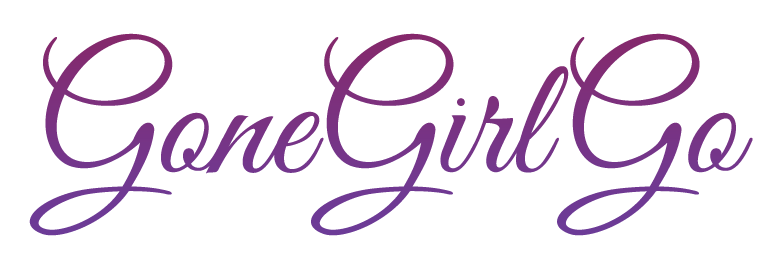Name one of the most underrated 21st-century skills today.
And the survey says?
Writing.
As much as we want to avoid it, we must write to communicate and the ability to communicate effectively is one of the most critical skills a person develops throughout their life.
In fact, this survey concludes writing is the ticket to employment and professional opportunity. If you can’t write an email that makes sense or a brief but accurate report, do you really expect a promotion? There’s no way around it. Writing has a lot to do with career advancement and success.
What about business success? Your ability to clearly communicate with clients or an online audience will only increase as society continues to evolve in the digital age. Clients don’t want a business coach who constantly makes careless spelling errors in their weekly newsletter. Media outlets don’t respect bloggers who can’t make the subject and verb agree.
I get it. You’re grown and don’t got time for this. You’re not going back to school to master punctuation or grammar. That part of your life is over. But listen, if you’re in business for yourself or someone else, consider how you can improve your writing por favor.
I have three suggestions that might help.
1. Read often.
Not just for reading sake. Yes, self-help books about manifesting your dreams can be helpful if you’re into that. The New York Times bestseller got you all in your feelings, but did you pay attention to how the author got you there? Or the words she used to describe a character, break down a process, set up the scene? Pay attention to how others write. Reading is the best way to do this.
2. Edit your work.
A shitty first draft should never be the final. Always, always, always check your work. There are lots of tools out there to help. Microsoft Word has a built-in spelling and grammar check. Use Google docs? It does too. Don’t gloss over those red squiggly lines. Right-click over the word or phrase to find out the correction. For the seriously committed writer, invest in more robust tools like a paid subscription to Grammarly. Not only will it check your spelling, grammar, and punctuation, it gives you tips to improve your writing style.
Never underestimate the power of reading your work out loud.
If it sounds a little awkward, get feedback. Asking for feedback is a surefire way of discovering what to edit. Your writing buddy might see something you didn’t or share insight you hadn’t thought of. They can also provide you with 2 things perhaps you didn’t associate with writing: support and encouragement. We need it, especially because writing is such a solo activity.
3. Write often.
Establish a regular writing practice. I suggested this in an earlier post, “The more you write the better you’ll get.” Also, establish writing conditions to put you in the mood to write. Me? Esperanza Spalding on Pandora, a sweet smelling candle, and a bottle of water are a few of mine.
Journaling is a good way to practice writing, even though you’re writing for yourself. I’ve filled up so many journals sorting through my thoughts, seeking clarity, asking questions, and finding answers. When I sit down and blog, I’m primed to flow. (Another bonus of having a regular journaling practice: some content may be fodder for a blog, website copy, or e-book.)
The bottom line is this.
Writing will continue to be necessary for your 21st-century toolbox so don’t ignore it. Improve it by taking action in these three simple ways.
In what ways do you take action to improve your writing? Please share in the comments below.
These and other questions are explored in my new program I’m launching this fall, Write at this Moment, an energizing, communal writing experience for aspiring bloggers and other writers who want support for their work. Visit the website to learn more about joining the Write at this Moment Circle this fall.


Excellent suggestions for any type of writing. The mood factor is paramount to getting beyond the blocks. My personal struggle involves switching between creative writing to academic writing where the two are totally different.
Cynthia, I like how you put it…the mood factor. Sometimes I have to be in a certain mood to get into a creative writing flow. The key for me is writing even when I’m not in the “mood”. And yes, I agree with switching between writing forms. I try to remember that regardless of the form, my aim is to clearly communicate a message. Thanks for your comments!